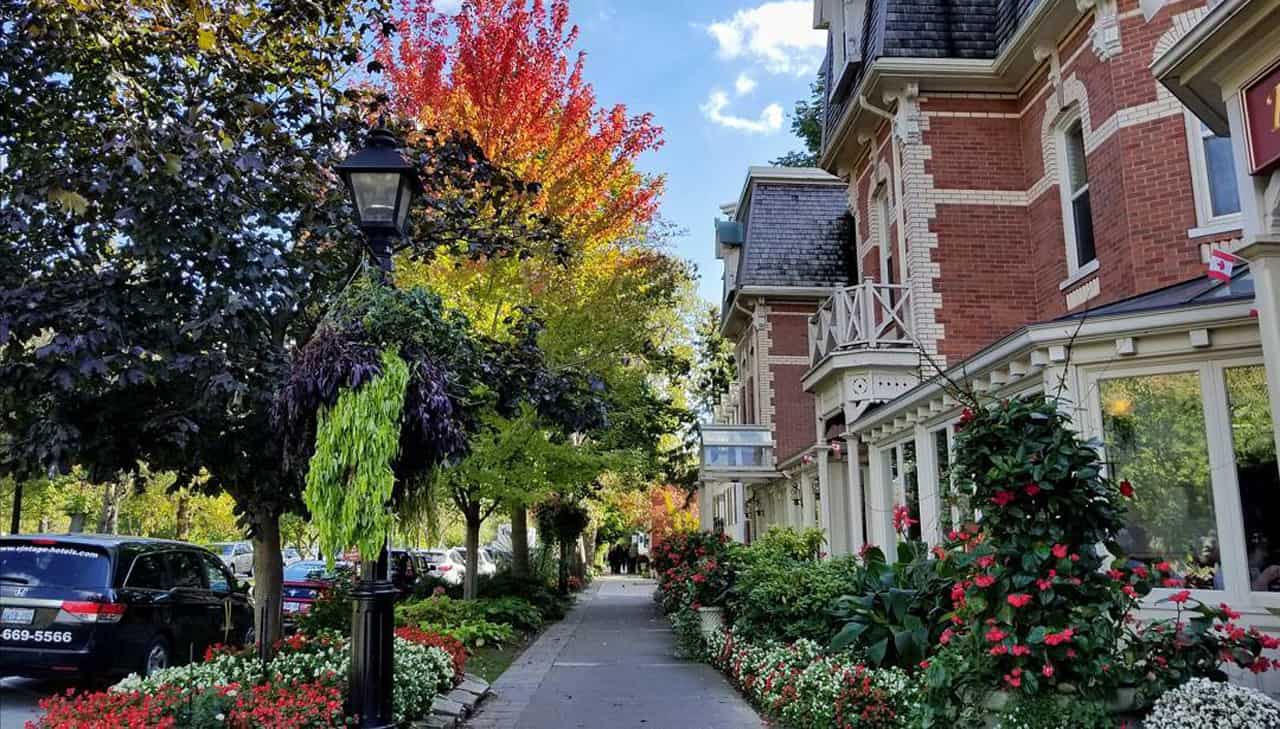Niagara-on-the-Lake set to expand ‘hotel tax’ to smaller vacation rentals
Published May 24, 2023 at 12:08 pm

While a number of meetings and consultations will have to take place in the not-too-distant-future, it appears Niagara-on-the-Lake council is set to extend its existing Municipal Accommodation Tax (or ‘hotel tax’) to smaller vacation rentals with fewer than five rooms.
At a May 23 meeting, councillors voted to approve a motion moved by Coun. Maria Mavridis and seconded by Coun. Gary Burroughs to extend the Municipal Accommodation Tax (MAT), which currently only applies to establishments with five or more rooms, to all vacation rentals–including short-term ones and those with fewer than five rooms.
The existing MAT was approved last June and applies a two per cent tax to properties booked on or after July 1, 2022. The rate is set to increase to three per cent on Jan. 1, 2024, and to four per cent on Jan. 1, 2025.
Mavridis’s motion calls for the tax to apply to all vacation rentals on Jan. 1, 2024.
At the meeting, David Levesque, former president of STAY Niagara-on-the-Lake, read a letter on behalf of current president John Foreman, asking the town to consult with short-term rental (STR) providers prior to implementing the tax to ensure they have the technology in place to collect the additional fee.
Levesque asked that stays booked prior to Jan. 1, 2024, at STRs that do not currently have to collect the MAT be exempt–even if the visits occur after the tax comes into effect.
He argued that asking customers who pre-booked at a specific rate to pay more after check-out would create a negative impression of the establishment and the town overall. He also said asking providers to cover the cost in place of customers would be “inappropriate.”
“The decision was made to exempt bookings made before July 1, 2022 [with the original MAT]. It was an appropriate decision. The same logic should be applied to this next phase,” he told council.
Levesque told the council that while a workshop to address concerns about the first phase of the MAT was helpful, he said some businesses struggled to implement the tax using existing technology, especially since charging HST on another tax can be complicated.
“We now know from last year’s experience from some of our local hotels around town, most of which should have had the IT systems and staff to be able to implement this fairly easily, just not how straightforward of an ask it is from a technical standpoint,” he said.
“Fairly large investments have been required from the hotels to somehow adapt their own property management systems and make this work, not to mention the headaches and bureaucratic headaches that this created.”
He said most individual STR owners use commercially available software, which “adds another layer of complexity.”
“The same lack of access to possible IT customization can make it difficult for STRs to automatically calculate the MAT to be remitted and to charge HST on top of everything,” he said.
“There are possible workarounds for this that will simplify the process and we would look forward to the opportunity to work with the town to include these possibilities in our own MAT bylaw…We have to make our own way better and maybe become a model for other municipalities across the province.”
Levesque also said that the tax could create confusion for smaller bed & breakfast establishments, as food is part of the accommodation costs.
“If a hotel guest has food or a massage, the MAT does not apply. For B&Bs, it is not so straightforward as breakfast is expected to be included in the rates and it means B&B guests are overpaying. It is not impossible to come up with fair solutions,” he said.
After Levesque’s deputation, Mavridis said she hoped that the long lead time to implementation would give the town and impacted business owners time to address concerns.
“Do you feel that the seven months is enough time to meet and finalize all the details? I can add a friendly amendment to meet with staff,” she asked, to which Levesque said it should be enough time if no one “wastes three months.”
Burroughs, who seconded the motion, said that short-term rental businesses and the MAT Committee must be consulted before roll-out.
“There’s a lot of work to be done with committees before we actually put this in force and that’s why I assume it isn’t until Jan 2024,” he said.
The Town clerk said that while the MAT Committee will meet to discuss the change, a date has not yet been set.
inNiagaraRegion's Editorial Standards and Policies




